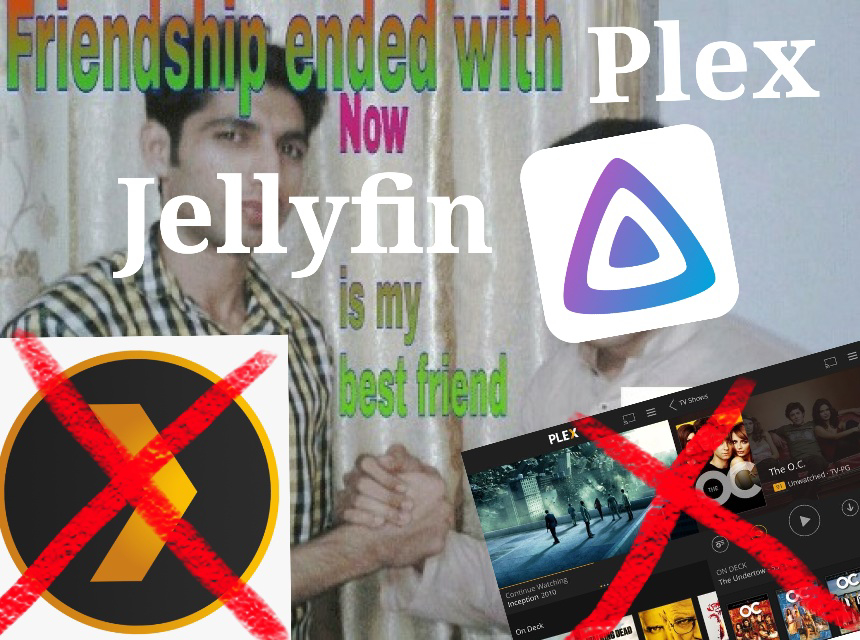1083
you are viewing a single comment's thread
view the rest of the comments
view the rest of the comments
this post was submitted on 21 Sep 2023
1083 points (100.0% liked)
Open Source
40406 readers
118 users here now
All about open source! Feel free to ask questions, and share news, and interesting stuff!
Useful Links
- Open Source Initiative
- Free Software Foundation
- Electronic Frontier Foundation
- Software Freedom Conservancy
- It's FOSS
- Android FOSS Apps Megathread
Rules
- Posts must be relevant to the open source ideology
- No NSFW content
- No hate speech, bigotry, etc
Related Communities
- !libre_culture@lemmy.ml
- !libre_software@lemmy.ml
- !libre_hardware@lemmy.ml
- !linux@lemmy.ml
- !technology@lemmy.ml
Community icon from opensource.org, but we are not affiliated with them.
founded 6 years ago
MODERATORS

Another important point to add is that closed software depends on the company making money to exist. If the company goes under then the software goes away. However, what's even worse is that the company constantly has to change the software to chase trends and attract new users.
You might've been the target demographic when you started using the software, but the target will inevitably move on to a different demographic sooner or later. At that point you either have to adjust to the changes or find a new piece of software.
On the other hand, open source software doesn't need to chase trends, and even if the original project decides to move in a direction existing users don't like then they're free to fork it. This is precisely what we saw with Gnome when a bunch of users wanted to keep their existing experience and made forks like Cinnamon.
This is a really underappreciated aspect of open source in my opinion. You can safely invest in learning an open source tool without worrying that it will go away or change in a way you don't want it to.